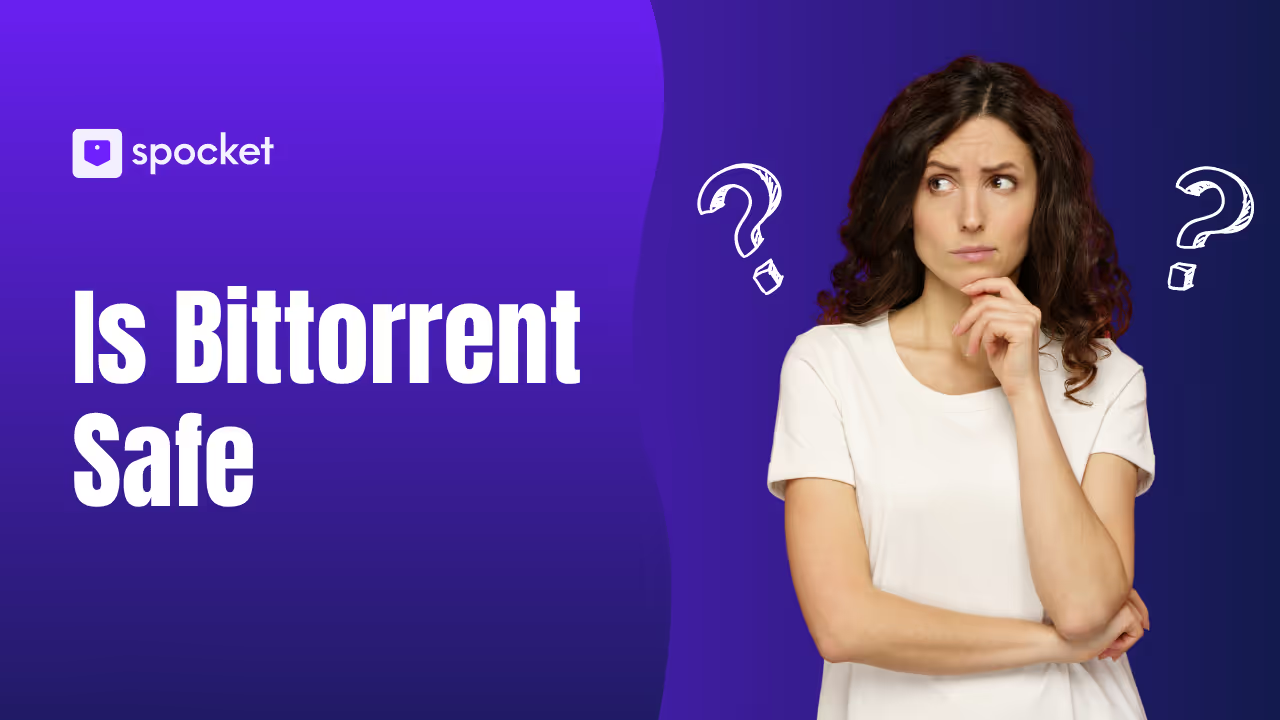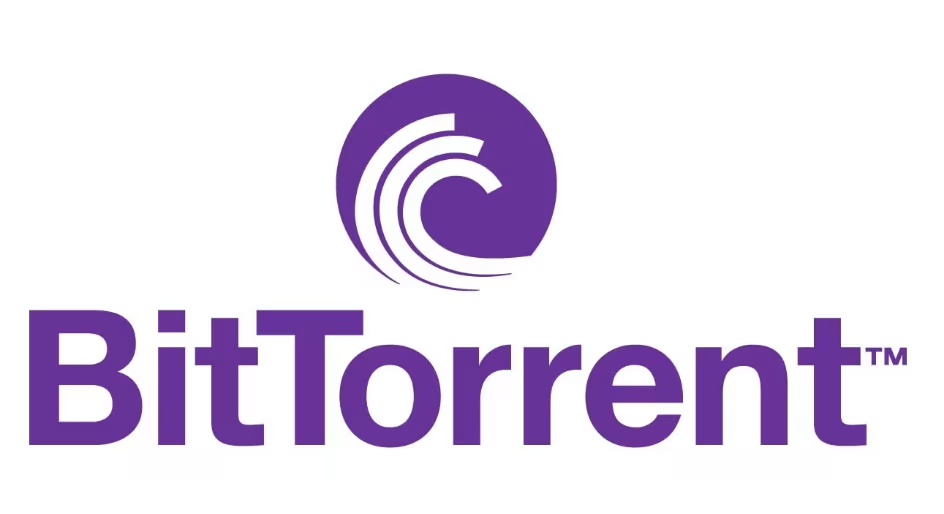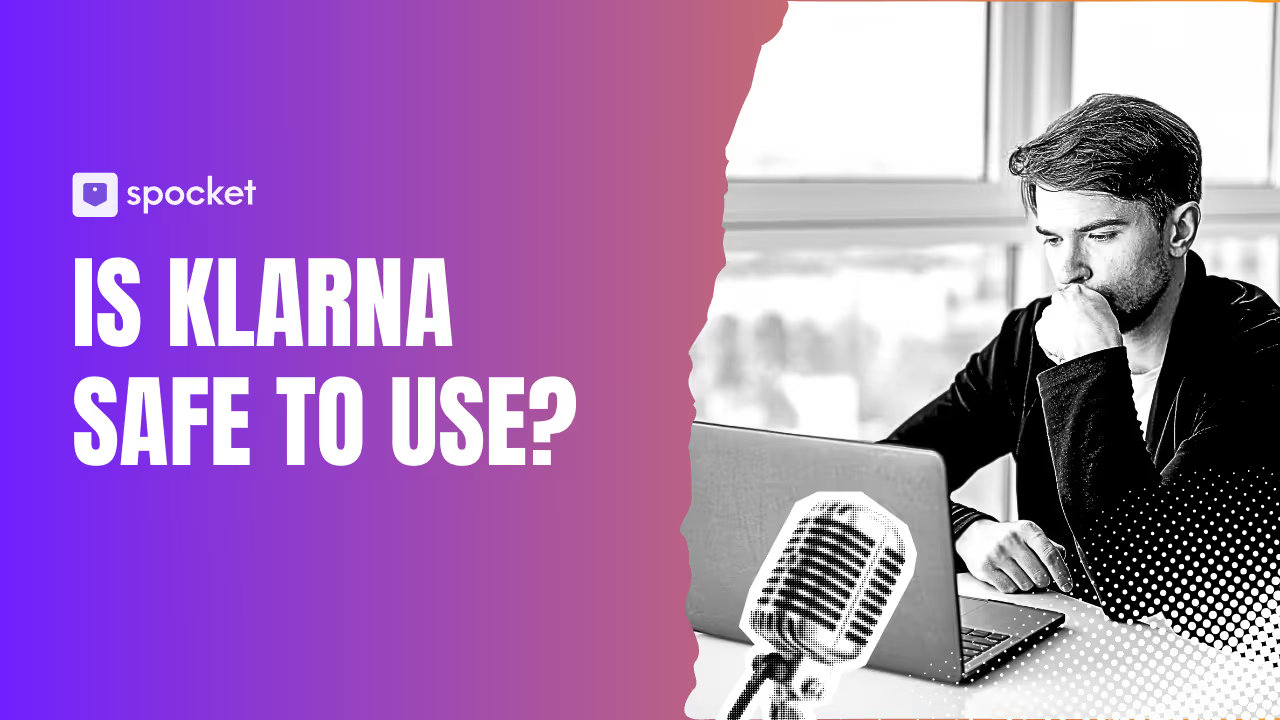Is BitTorrent Safe? A Complete Guide to Torrenting in 2025
Learn everything you need to know about BitTorrent safety, including risks, precautions, and how to safely download torrents in 2025.


BitTorrent is one of the most popular methods of peer-to-peer (P2P) file sharing, enabling users to download and upload files efficiently without relying on a central server. This decentralized system is used by millions worldwide, whether for downloading movies, music, software, or books. However, with such a vast network and easy access to potentially harmful content, one question remains: Is BitTorrent safe?
In this comprehensive guide, we’ll explore the safety of using BitTorrent in 2025. From its legal status to the potential risks, we’ll examine everything you need to know to make informed decisions about using this protocol. Whether you’re an avid torrent user or someone new to P2P file sharing, understanding how to torrent safely is crucial to avoid harmful consequences.
What is BitTorrent and How Does It Work?

Before diving into the safety concerns, it’s essential to understand what BitTorrent is and how it operates. BitTorrent is a peer-to-peer (P2P) file-sharing protocol that allows users to download files from multiple sources simultaneously. Instead of downloading a file from one server, BitTorrent splits the file into smaller pieces and retrieves those pieces from other users who already have them. This process significantly improves download speeds and reduces the load on individual servers.
Key Features of BitTorrent
- Decentralization: Unlike traditional downloading methods, BitTorrent doesn’t rely on one central server. Instead, files are distributed across a network of peers, making the process more efficient.
- Efficiency: Since you’re downloading from multiple sources, BitTorrent allows for faster downloads, especially when the file has many peers (other users sharing it).
- Availability: BitTorrent can be used for a variety of file types, including music, videos, software, eBooks, and more, making it versatile for different kinds of users.
While BitTorrent itself is a neutral technology, its association with illegal file sharing is what often raises concerns about safety and legality. This is where many users are unsure about its safety.
Is BitTorrent Safe to Use in 2025?
BitTorrent itself is a widely used and legitimate protocol for sharing large files across a decentralized network of peers. However, as with any online service, security risks are involved. Whether you're downloading movies, software, or games, understanding the potential dangers associated with BitTorrent and how to use it safely is crucial. Below, we’ll break down the security risks associated with BitTorrent and provide practical tips on how to protect yourself when using the platform in 2025.
Security Risks with BitTorrent
Although BitTorrent as a protocol is safe to use, there are several security concerns to keep in mind, especially when downloading from untrusted sources.
1. Malware and Viruses
One of the most significant risks when using BitTorrent is the possibility of downloading infected files. Since BitTorrent operates as a peer-to-peer (P2P) network, anyone can upload files. This openness makes it easy for malicious actors to upload files containing malware, ransomware, or other harmful software.
- Example: A study conducted in 2020 revealed that over 10% of torrents contained some form of malware, including viruses and spyware. These malicious files can damage your system, steal personal information, or even hijack your data.
- Impact: Malware can result in data theft, system damage, and the installation of malicious software that compromises your device’s security.
How to Protect Yourself
To reduce the risk of downloading harmful files, always make sure the files you’re downloading come from trusted sources. Check reviews and ratings of the torrents you are interested in, and read comments from other users who have already downloaded the files. Always download from reputable torrent sites that verify the integrity of the files shared.
2. Exposure of Personal Information
BitTorrent is a peer-to-peer network, meaning that when you download or upload files, your IP address is visible to other peers in the network. This exposes you to privacy risks as anyone can trace your IP address and monitor your online activity. If you're downloading illegal or copyrighted content, your IP address could be used to identify you, leading to legal consequences.
- Privacy Risk: If your IP address is logged by third parties or your Internet Service Provider (ISP), it could potentially be used against you in cases of illegal downloading or sharing of copyrighted material.
- Legal Ramifications: Many countries have strict laws regarding piracy and illegal file-sharing. Some ISPs even monitor P2P traffic, issuing warnings or throttling speeds if illegal activity is detected.
How to Protect Your Privacy
To safeguard your privacy and prevent your IP address from being exposed, use a VPN (Virtual Private Network) while torrenting. A VPN will encrypt your internet connection and mask your IP address, making it nearly impossible for anyone to trace your activity back to you.
3. Legal Risks
While torrenting itself is not illegal, downloading or sharing copyrighted content without permission is illegal in many countries. Many torrents contain pirated files, including movies, TV shows, music, and software, which can put you at legal risk if you are caught downloading or distributing them.
- Example: In countries like the United States, torrenting copyrighted content without authorization can lead to fines, legal action, or even lawsuits.
- Legal Enforcement: Some ISPs monitor torrenting activities and may issue warnings, throttle your internet speed, or even block your access if they detect illegal activity. Some countries are more aggressive in pursuing legal action against torrent users.
How to Stay Legal
To avoid legal trouble, always ensure that the content you download via BitTorrent is not copyrighted or pirated. Stick to legal content, such as open-source software, public domain movies, or creative commons media. Websites like Public Domain Torrents offer a collection of legal torrents you can safely download.
How to Use BitTorrent Safely in 2025
While the risks mentioned above are real, there are several ways you can protect yourself and enjoy the benefits of BitTorrent safely and securely.
1. Use a VPN
A VPN (Virtual Private Network) is your best defense against privacy issues while torrenting. A VPN encrypts your internet traffic and hides your IP address, making it much harder for anyone to track your activities. It also allows you to bypass regional restrictions, ensuring you can access content from anywhere in the world.
- Tip: Make sure your VPN provider allows P2P traffic and has a no-logs policy to ensure your activities remain anonymous. Popular VPN services like NordVPN, ExpressVPN, and CyberGhost are good choices for torrenting.
2. Download From Trusted Sources
Always download torrents from trusted websites that have verified files. Some well-known and reputable sites include The Pirate Bay, RARBG, and 1337x, but always check user reviews, ratings, and comments before proceeding with the download.
- Tip: Avoid suspicious or unknown torrent websites, as these can often host malware-laden files. Websites with active communities and feedback systems are generally safer.
3. Check the Files Before Opening Them
Once you've downloaded a torrent, it’s important to scan the file for viruses or malware before opening it. Modern antivirus software, such as Kaspersky, Norton, or Bitdefender, can detect and block malicious files, protecting your system from infections.
- Tip: Pay special attention to executable files (like .exe, .bat, or .msi), as they are often the ones that carry harmful code.
4. Use Encryption and Antivirus Software
In addition to using a VPN, always ensure that you have active antivirus software running on your device. This provides an extra layer of protection by identifying and blocking malicious files that could harm your system.
- Tip: Keep your antivirus software up to date to ensure you have the latest security patches and malware definitions.
5. Avoid Downloading Illegal Content
To stay on the safe side legally, avoid downloading pirated or copyrighted content. Focus on torrents that are legally available or released under creative commons licenses. By downloading only authorized content, you reduce the risk of legal consequences.
- Tip: If you're looking for legal content, websites like Public Domain Torrents and Internet Archive provide free, legal torrents that can be downloaded without fear of legal action.
Pros and Cons of BitTorrent: A Balanced View
BitTorrent offers a fast, decentralized method of file sharing that has become popular worldwide. However, like any tool, it comes with its own set of advantages and risks. To fully understand how to use BitTorrent safely and effectively, it's important to weigh its pros and cons.
Pros of Using BitTorrent
Efficiency in File Sharing
BitTorrent’s decentralized nature makes it one of the most efficient file-sharing protocols, especially when it comes to downloading large files. By breaking files into small pieces and downloading from multiple peers at once, BitTorrent reduces the load on central servers and speeds up the download process. This is particularly beneficial for large media files like movies or software packages.
No Centralized Server
Since BitTorrent operates on a peer-to-peer (P2P) network, it doesn't rely on a central server. This decentralization not only improves download speeds but also makes it a more cost-effective method of file sharing, as no third-party servers are involved in hosting the content.
Access to a Wide Range of Content
BitTorrent opens the door to a massive variety of content, ranging from open-source software to public domain films and even music. While much of the content is legal, some may fall into the realm of pirated or restricted material, which users should be mindful of.
Cost-Efficiency
With no central server to maintain, BitTorrent offers a free, no-cost model for users. Unlike other platforms that charge for downloads, BitTorrent simply requires users to have the appropriate torrent client (like uTorrent or qBittorrent) to start downloading files for free.
Cons of Using BitTorrent
Exposure to Malware
One of the biggest concerns when using BitTorrent is the risk of downloading malware or viruses. Files can be easily uploaded by malicious users, and users may unknowingly download infected files, resulting in data theft, system crashes, or other cyberattacks.
Privacy and Security Risks
Using BitTorrent exposes your IP address to other peers on the network. This can lead to privacy concerns, as your online activity might be tracked, potentially revealing personal data or legal violations. Without proper measures, such as a VPN, your internet traffic can be easily monitored.
Legal Risks
Although BitTorrent is not inherently illegal, downloading or sharing copyrighted content without authorization is illegal in many jurisdictions. Torrenting pirated content such as movies, music, or software can lead to fines or lawsuits. The risks vary by country, but copyright enforcement is a real concern for users.
Quality and Trust Issues
Torrents often come from various sources, which means the quality of the files can vary. In some cases, users may download files with the wrong format or incomplete data. Moreover, torrent sites are often filled with ads or pop-ups, leading to potential phishing attacks or fraudulent links.
Is Torrenting Legal?
Torrenting itself is a technology that is entirely legal. It refers to the method of peer-to-peer (P2P) file sharing, where users download and upload data directly from one another rather than relying on a centralized server. This decentralized approach makes it more efficient for distributing large files, such as videos, software, and other media.
However, the legality of torrenting hinges on what content you are downloading or sharing. While the protocol is legal, the content being shared can determine whether your actions are lawful or not.
When Is Torrenting Illegal?
In many countries, downloading pirated or copyrighted content without authorization is illegal, even if the act of torrenting itself is not. For example, downloading movies, music, or software that is protected by copyright laws without the creator's permission is considered illegal piracy. This is true even if you're using a legitimate method like BitTorrent to share or download the files.
In most jurisdictions, sharing copyrighted content without permission can lead to legal consequences such as:
- Fines
- Lawsuits
- Account suspensions
- In extreme cases, criminal charges for repeat offenders.
Some ISPs (Internet Service Providers) actively monitor P2P traffic and may issue warnings, throttle bandwidth, or block access to torrenting sites if they detect illegal activities. In some countries like the United States, Canada, and Australia, copyright holders are known to take legal action against individuals who download pirated content, especially if they share it.
When Is Torrenting Legal?
While illegal torrenting involves downloading pirated content, there are plenty of legal torrents available for downloading. Torrenting can be perfectly legal when the content being shared is either in the public domain, open source, or licensed for free sharing. For instance:
- Public Domain Content: Content that is no longer under copyright protection, such as old movies, books, and music, can be legally shared and downloaded via torrents.
- Open-Source Software: Many software developers distribute their programs through torrenting to reduce server load. These programs are often licensed for free use, modification, and distribution.
- Creative Commons: Content released under Creative Commons licenses can be shared legally via torrents, as long as it aligns with the terms of the license.
There are many websites that offer legal torrents for downloading, such as Public Domain Torrents, Internet Archive, and Creative Commons collections. By downloading only legally permitted content, you ensure you stay within the boundaries of the law.
Conclusion: Is BitTorrent Safe?
BitTorrent itself is a legitimate and efficient file-sharing protocol that can be used safely if proper precautions are taken. While it offers significant benefits, such as faster download speeds and decentralized sharing, it also carries risks, including exposure to malware, privacy breaches, and potential legal consequences.
To ensure a safe torrenting experience, it’s crucial to use a VPN to protect your privacy, download files only from trusted sources, and avoid sharing or downloading illegal content. By following these best practices, you can minimize risks and enjoy the advantages of BitTorrent without compromising your security or privacy.
FAQs About BitTorrent Safety
Is BitTorrent safe to use for downloading files?
Yes, BitTorrent is a safe and legitimate protocol for file sharing. However, the safety depends on the content being downloaded and the sources you're downloading from. Using a VPN, downloading from trusted sites, and scanning files for malware can ensure a safer experience.
Can I get infected with malware while using BitTorrent?
Yes, downloading files from untrusted or malicious sources can expose your device to malware, viruses, and ransomware. It’s essential to use trusted torrent sites and scan downloaded files with antivirus software before opening them.
Is torrenting illegal?
Torrenting itself is legal, but downloading or sharing copyrighted content without permission is illegal in many countries. Always ensure that the content you are downloading or sharing is legal and not pirated to avoid legal issues.
How can I protect my privacy while using BitTorrent?
To protect your privacy, always use a VPN while torrenting. A VPN will mask your IP address, encrypt your internet traffic, and ensure your online activity remains private and secure, especially when torrenting potentially risky content.
What are the legal consequences of downloading pirated content via BitTorrent?
Downloading pirated content can lead to legal repercussions, including fines, lawsuits, or ISP throttling. Many countries enforce strict copyright laws, so it's important to avoid downloading or sharing copyrighted material without the necessary permissions.
Launch your dropshipping business now!
Start free trialRelated blogs

Perplexity vs ChatGPT: Search, Accuracy, and Performance Compared
Perplexity vs ChatGPT compared on search, citations, accuracy, speed, writing quality, and workflows so you can pick the right AI tool.

Is Affirm Legit? A Deep-Dive Review of Safety, Fees, Credit Impact, and What Shoppers Should Know
Wondering if Affirm is legit? Learn how it works, how safe it is, how it affects credit, fees/APR, scams to avoid, and who should use it.

Is Klarna Safe to Use? Security and Risks Explained
Is Klarna safe Learn how Klarna protects payments and data key risks to watch for and practical tips to use Klarna safely as a shopper.

































